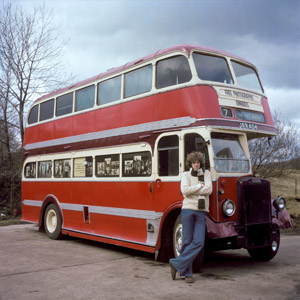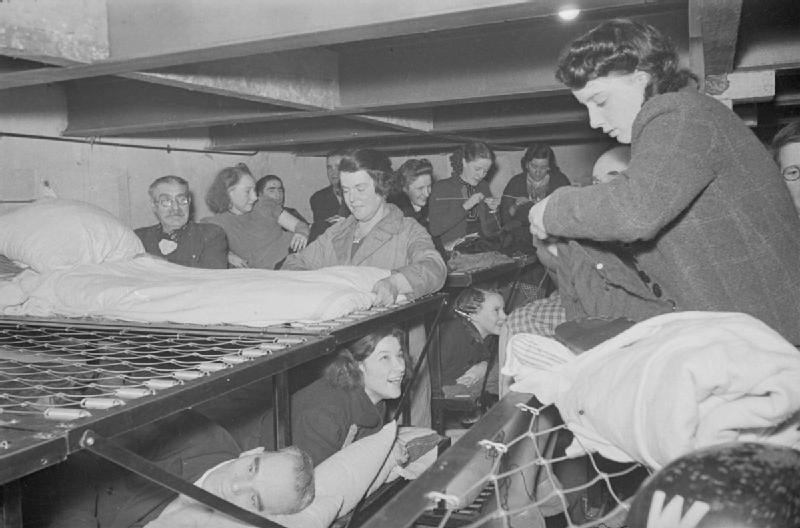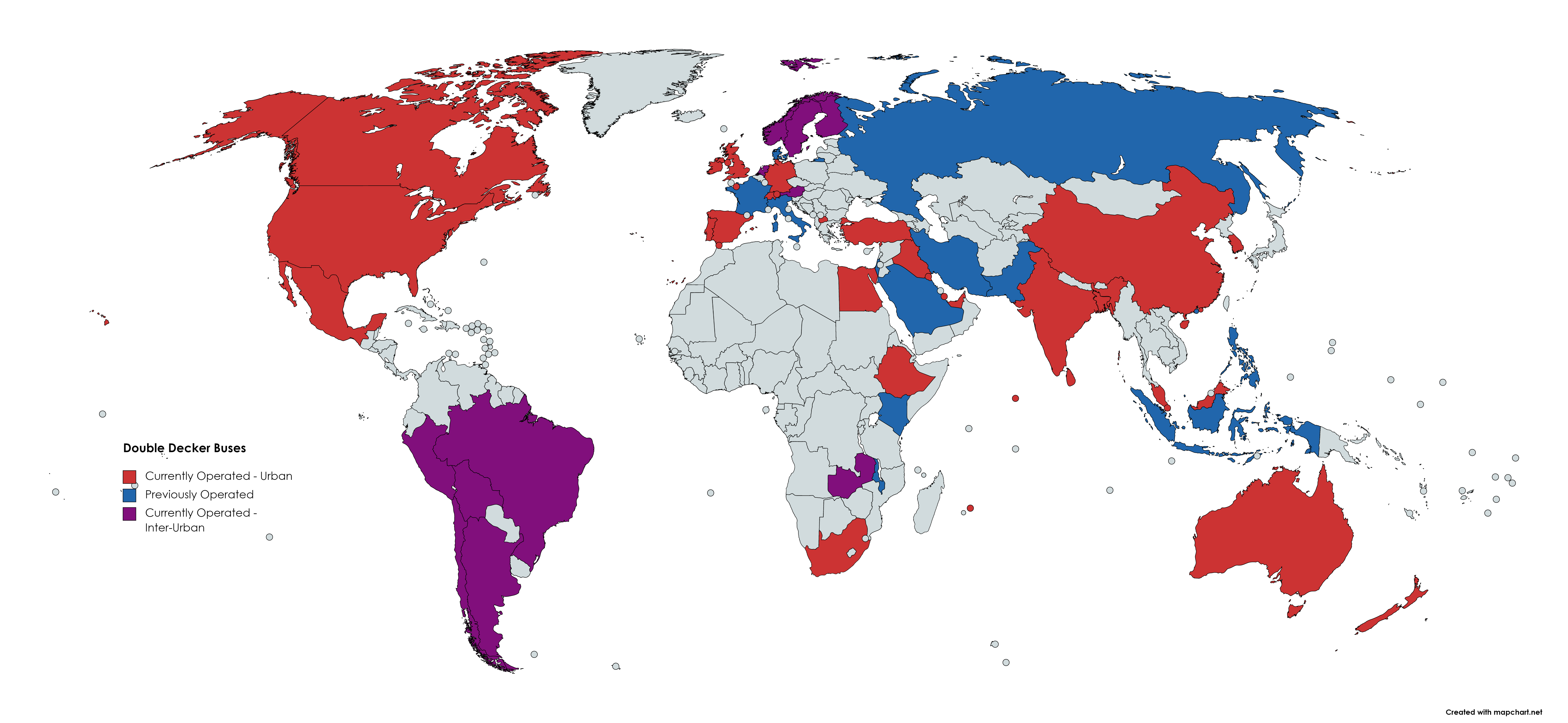|
Daniel Meadows
Daniel Meadows (born 1952) is an English photographer turned maker of digital stories, and a teacher of photography turned teacher of participatory media. Life and career as photographer Meadows was born in Great Washbourne, Gloucestershire, "in the middle of nowhere on the edge of the Cotswolds", on 28 January 1952. Both of his parents had Suffolk origins; his father was a land agent for the Dumbleton Estate, in which the family lived; his mother developed multiple sclerosis when Daniel was young and this gradually became more acute. He spent his early years without television. With Peter Fraser, Brian Griffin, Charlie Meecham and Martin Parr, Meadows studied at Manchester Polytechnic., PARC Projects, Photography and the Archive Research Centre. (Meadows' 1972 series ''June Street'' was a collaboration with Parr.Phil Coomes,Daniel Meadows on digital literacy, BBC News in Pictures, 15 November 2011. Accessed 2 May 2012.) While a student he was particularly inspired by a le ... [...More Info...] [...Related Items...] OR: [Wikipedia] [Google] [Baidu] |
Daniel
Daniel is a masculine given name and a surname of Hebrew origin. It means "God is my judge"Hanks, Hardcastle and Hodges, ''Oxford Dictionary of First Names'', Oxford University Press, 2nd edition, , p. 68. (cf. Gabriel—"God is my strength"), and derives from two early biblical figures, primary among them Daniel from the Book of Daniel. It is a common given name for males, and is also used as a surname. It is also the basis for various derived given names and surnames. Background The name evolved into over 100 different spellings in countries around the world. Nicknames (Dan, Danny) are common in both English and Hebrew; "Dan" may also be a complete given name rather than a nickname. The name "Daniil" (Даниил) is common in Russia. Feminine versions (Danielle, Danièle, Daniela, Daniella, Dani, Danitza) are prevalent as well. It has been particularly well-used in Ireland. The Dutch names "Daan" and "Daniël" are also variations of Daniel. A related surname develo ... [...More Info...] [...Related Items...] OR: [Wikipedia] [Google] [Baidu] |
Bill Brandt
Bill Brandt (born Hermann Wilhelm Brandt; 2 May 1904 – 20 December 1983)Paul DelanyBill Brandt: A Life was a British photographer and photojournalist. Born in Germany, Brandt moved to England, where he became known for his images of British society for such magazines as '' Lilliput'' and ''Picture Post''; later he made distorted nudes, portraits of famous artists and landscapes. He is widely considered to be one of the most important British photographers of the 20th century. Life and work Born in Hamburg, Germany, son of a British father and German mother, Brandt grew up during World War I, during which his father, who had lived in Germany since the age of five, was interned for six months by the Germans as a British citizen. Brandt later disowned his German heritage and would claim he was born in South London. Shortly after the war, he contracted tuberculosis and spent much of his youth in a sanatorium in Davos, Switzerland. He traveled to Vienna to undertake a course of ... [...More Info...] [...Related Items...] OR: [Wikipedia] [Google] [Baidu] |
Factory Records
Factory Records was a Manchester-based British independent record label founded in 1978 by Tony Wilson and Alan Erasmus. The label featured several important acts on its roster, including Joy Division, New Order, A Certain Ratio, the Durutti Column, Happy Mondays, Northside, and (briefly) Orchestral Manoeuvres in the Dark and James. Factory also ran The Haçienda nightclub, in partnership with New Order. Factory Records used a creative team (most notably record producer Martin Hannett and graphic designer Peter Saville) which gave the label and the artists recording for it a particular sound and image. The label employed a unique cataloguing system that gave a number not just to its musical releases, but also to various other related miscellany, including artwork, films, living beings, and even Wilson's own casket. History 'The Factory' The Factory name was first used for a club in May 1978; the first Factory night was on the 26 May 1978. The club became a Manchester leg ... [...More Info...] [...Related Items...] OR: [Wikipedia] [Google] [Baidu] |
David Alan Mellor
David Alan Mellor is a British curator, professor and writer. He has been awarded the Royal Photographic Society's J. Dudley Johnston Award and Education Award. Life and career David Mellor — as he was called before he wanted to avoid confusion with the politician of the same name — studied art at Sussex University under Quentin Bell. During this time Asa Briggs, then Vice-Chancellor of the University, received the archive of Mass-Observation from Tom Harrisson. Mellor has published and curated exhibitions about the substantial collection of pre-war photographs of working-class life contained in this archive. Exhibitions curated by Mellor include ''Paradise Lost: The New Romantic Imagination in Britain'' (Barbican Centre, 1987); ''The Sixties'' (1993); and ''Co-Optic & Documentary Photography Group'' ( Brighton Photo Biennial, 2014). As a professor of art at Sussex University, his students included Jeremy Deller. Awards *2005: Royal Photographic Society's J. Dudley ... [...More Info...] [...Related Items...] OR: [Wikipedia] [Google] [Baidu] |
Kes (film)
''Kes'' is a 1969 British kitchen sink drama film directed by Ken Loach (credited as Kenneth Loach) and produced by Tony Garnett, based on the 1968 novel '' A Kestrel for a Knave'', written by the Hoyland Nether–born author Barry Hines. ''Kes'' follows the story of Billy, who comes from a dysfunctional working-class family and is a no-hoper at school, but discovers his own private means of fulfillment when he adopts a fledgling kestrel and proceeds to train it in the art of falconry. The film has been much praised, especially for the performance of the teenage David Bradley, who had never acted before, in the lead role, and for Loach's compassionate treatment of his working-class subject; it remains a biting indictment of the British education system of the time as well as of the limited career options then available to lower-class, unskilled workers in regional Britain. It was ranked seventh in the British Film Institute's Top Ten (British) Films. This was Loach's second ... [...More Info...] [...Related Items...] OR: [Wikipedia] [Google] [Baidu] |
Ken Loach
Kenneth Charles Loach (born 17 June 1936) is a British film director and screenwriter. His socially critical directing style and socialist ideals are evident in his film treatment of social issues such as poverty (''Poor Cow'', 1967), homelessness ('' Cathy Come Home'', 1966), and labour rights ('' Riff-Raff'', 1991, and '' The Navigators'', 2001). Loach's film '' Kes'' (1969) was voted the seventh greatest British film of the 20th century in a poll by the British Film Institute. Two of his films, '' The Wind That Shakes the Barley'' (2006) and ''I, Daniel Blake'' (2016), received the Palme d'Or at the Cannes Film Festival, making him one of only nine filmmakers to win the award twice. Early life Kenneth Charles Loach was born on 17 June 1936 in Nuneaton, Warwickshire, the son of Vivien (née Hamlin) and John Loach. He attended King Edward VI Grammar School and at the age of 19 went to serve in the Royal Air Force. He read law at St Peter's College, Oxford< ... [...More Info...] [...Related Items...] OR: [Wikipedia] [Google] [Baidu] |
The Transport Museum, Wythall
The Transport Museum, Wythall is a transport museum just outside Birmingham, at Chapel Lane, Wythall, Worcestershire, England. The museum was originally run by the charity The Birmingham and Midland Motor Omnibus Trust (BaMMOT). BaMMOT was formed in 1977 and the museum site was acquired in February 1978. The museum has three halls, presenting a significant collection of preserved buses and coaches, including Midland Red and Birmingham City Transport vehicles, a collection of battery electric vehicles such as milk floats, and a Tilling-Stevens Tilling-Stevens was a British manufacturer of buses and other commercial vehicles, based in Maidstone, Kent. Originally established in 1897, it became a specialist in petrol-electric vehicles. It continued as an independent manufacturer until ... petrol-electric bus. In 2016 the Trust became a CIO charity called Transport Museum Wythall (TMW), registered numbe1167872 It is also home to the Elmdon Model Engineering Society (EMES) who ... [...More Info...] [...Related Items...] OR: [Wikipedia] [Google] [Baidu] |
Leyland Titan (front Engined Double-decker)
The Leyland Titan was a forward-control chassis with a front-mounted engine designed to carry double-decker bus bodywork. It was built mainly for the United Kingdom market between 1927 and 1942, and between 1945 and 1969. The type was widely used in the United Kingdom and it was also successful in export markets, with numerous examples shipped to Australia, Ireland, India, Spain, South Africa and many other countries. From 1946 specific export models were introduced, although all Titans were right-hand drive regardless of the rule of the road in customer countries. After Leyland ended the production of the Leyland Titan in UK, Ashok Leyland of India took up production and marketed the bus in South Asia as the Ashok Leyland Titan, which, in much developed form, is still in production. Origin Prior to 1924 Leyland Motors and the majority of other British commercial vehicle makers had used similar chassis frames for bus and lorry chassis, generally a simple straight ladder-ty ... [...More Info...] [...Related Items...] OR: [Wikipedia] [Google] [Baidu] |
Double-decker Bus
A double-decker bus or double-deck bus is a bus that has two storeys or decks. They are used for mass transport in the United Kingdom, the United States, New Zealand, Europe, Asia and also in cities such as Sydney; the best-known example is the red London bus, namely the AEC Routemaster. Early double-deckers put the driver in a separate cab. Passenger access was via an open platform at the rear and a bus conductor collected fares. Modern double-deckers have a main entrance door at the front and the driver takes fares, thus halving the number of workers aboard, but slowing the boarding process. The rear open platform, popular with passengers, was abandoned for safety reasons, as there was a risk of passengers falling when running and jumping onto the bus. Double-deckers are primarily for commuter transport, but open-top models are used as sight-seeing buses for tourists. William Gladstone, speaking of London's double-deck horse-drawn omnibuses, once observed that "...the best w ... [...More Info...] [...Related Items...] OR: [Wikipedia] [Google] [Baidu] |
Arts Council Of Great Britain
The Arts Council of Great Britain was a non-departmental public body dedicated to the promotion of the fine arts in Great Britain. It was divided in 1994 to form the Arts Council of England (now Arts Council England), the Scottish Arts Council (later merged into Creative Scotland), and the Arts Council of Wales. At the same time the National Lottery was established and these three arts councils, plus the Arts Council of Northern Ireland, became distribution bodies. History In January 1940, during the Second World War, the Council for the Encouragement of Music and the Arts (CEMA), was appointed to help promote and maintain British culture. Chaired by Lord De La Warr, President of the Board of Education, the council was government-funded and after the war was renamed the Arts Council of Great Britain. Reginald Jacques was appointed musical director, with Sir Henry Walford Davies and George Dyson also involved. John Denison took over after the war. A royal charter was grante ... [...More Info...] [...Related Items...] OR: [Wikipedia] [Google] [Baidu] |
Filey Holiday Camp
Filey Holiday Camp was a Butlin's holiday camp near Filey, North Yorkshire, England, built for Billy Butlin's holiday organisation. Construction of the camp began in 1939. From 1939 to 1945, the camp was used as a military training base, as RAF Hunmanby Moor. The camp closed in 1983. The camp was served by its own railway branch and station (Filey Holiday Camp railway station) from 1947, however the station closed in 1977 due to greater car ownership. The derelict railway station platforms remain in situ today; however they are on private land. Part of the old camp was replaced by Primrose Valley holiday park, and the adjacent "The Bay Filey" holiday resort. The boating lake was filled in and is now a large green area with a central path through it from the holiday park to the beach. History Filey Holiday Camp was being built for Billy Butlin in 1939. The outbreak of the Second World War led to an arrangement with the War Ministry whereby the ministry financed the camp's comple ... [...More Info...] [...Related Items...] OR: [Wikipedia] [Google] [Baidu] |
Summer Holiday (1963 Film)
''Summer Holiday'' is a 1963 British CinemaScope and Technicolor musical film starring singer Cliff Richard. The film was directed by Peter Yates (his directorial debut), produced by Kenneth Harper. The original screenplay was written by Peter Myers and Ronald Cass (who also wrote most of the song numbers and lyrics). The cast stars Lauri Peters, David Kossoff, Ron Moody and The Shadows and features Melvyn Hayes, Teddy Green, Jeremy Bulloch, Una Stubbs, Pamela Hart, Jacqueline Daryl, Madge Ryan, Lionel Murton, Christine Lawson, Wendy Barry and Nicholas Phipps. Herbert Ross choreographed the musical numbers. Plot Don and friends Cyril, Steve and Edwin are bus mechanics at the huge London Transport bus overhaul works in Aldenham, Hertfordshire. During a miserably wet British summer lunch break, Don arrives, having persuaded London Transport to lend him and his friends an AEC Regent III RT double-decker bus. They convert the bus into a holiday caravan, which they drive ... [...More Info...] [...Related Items...] OR: [Wikipedia] [Google] [Baidu] |







